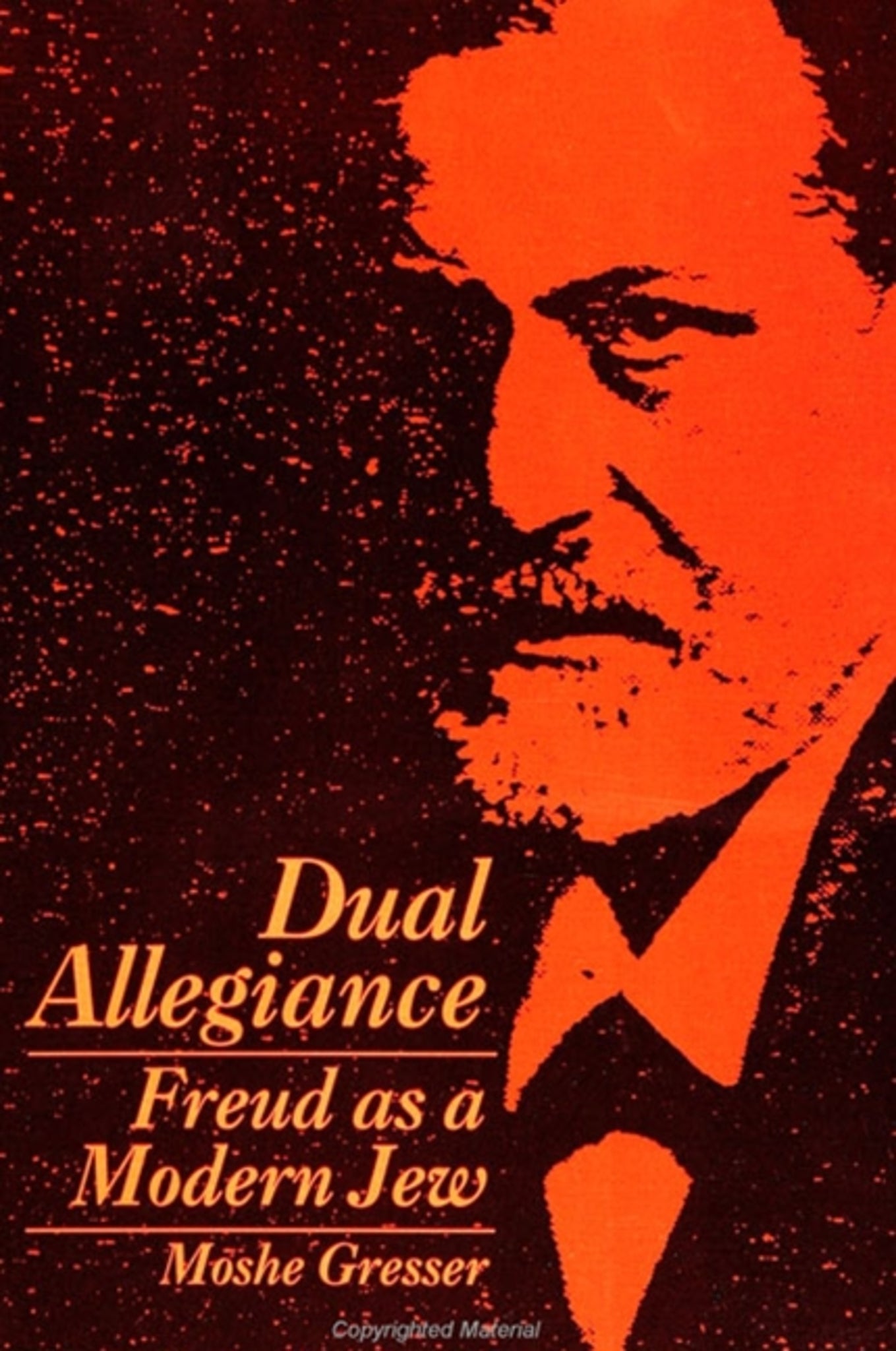We're sorry. An error has occurred
Please cancel or retry.
Dual Allegiance

Some error occured while loading the Quick View. Please close the Quick View and try reloading the page.
Couldn't load pickup availability
- Format:
-
28 June 1994

Using Freud's correspondence, this book argues that his Jewishness was in fact a source of energy and pride for him and that he identified with both Jewish and humanist traditions.
Gresser presents an extended analysis of Freud's personal correspondence. Arranged in chronological order, the material conveys a vivid sense of Freud's personal and psychological development. Close reading of Freud's letters, with frequent attention to the original German and its cultural context, allows Gresser to weave a fascinating story of Freud's life and Jewish commitments, as seen through the words of the master himself. The book culminates in an extended discussion of Freud's last and most deliberately Jewish work, Moses and Monotheism. Gresser thus initiates a discussion about modern Jewish identity that will be of interest to anyone concerned about questions of the relationship between tradition and modernity, and between the particular and the universal, that moderns struggle with in the search for authenticity.


Gresser weaves an immense amount of specific, detailed information into a fascinating argument that is of great interest to anyone interested in Freud as a person and not just as a thinker. In doing so, the book adds another dimension to the understanding of Freud's connection with Judaism. It pulls together a number of contributory elements in Freud's experience of his own Jewishness and articulates them particularly in connection with his views on religion. I found it fascinating to read." — W. W. Meissner, Boston Psychoanalytic Institute
Preface
Acknowledgments
1. Introduction
The Division of Freud's Psychoanalytic Corpus in Relation to his Jewish Identity
An Exposition of the Argument
The Early Period, to 1906
The Middle Period, 1907-22
The Late Period, 1923-39
Summary
2. The Early Period
Freud's Jewish and Humanist Educations
The Correspondence
Freud's Letters to Emil Fluss
Freud's Letters to Eduard Silberstein
Freud's Letters to Martha Bernays
The "Nathan" Letter
Further Letters to Martha Bernays
Freud's Letters to Wilhelm Fliess
Freud and Herzl
Freud, the Fighting Jew
The Obituary for Hammerschlag
Jewish Jokes and Jewish Identity
Summary
3. The Middle Period
Introduction
The Correspndence
Karl Abraham and Jewishness
Carl Jung and Mysticism
Jewish Tenacity
Letters to Oskar Pfister and Freud's Jewishness
Freud and Talmudic Dream Interpretation
Building the "Temple" of Psycoanalysis
Totem and Taboo
Jung's "Aryan Religiosity"
"The Moses of Michelangelo"
Freud, the German Jew
Freud's Jewishness and Christianity
Sophie's Death
Summary
4. The Late Period
The Encounter with Death
The Correspondence
The Return of the Suppressed: Letters from 1925
Statements and Letters from 1926
Letters in 1927
Georg Brandes
YIVO
Romain Rolland
Freud and Zionism
Freud and Hebrew
Freud, the Fanatical Jew
Correspondence with Arnold Zweig
Freud and Hebrew University
Origins of Moses and Monotheism
The 1935 "Postscript"
Freud the Galitzianer
Freud and the Student Zionist Society, Kadimah
Moses and Monotheism Revisited
Summary
5. Dual Allegiance and Modern Jewish Identity
Notes
Selected Bibliography
Addendum: Freud's Kiddush Cups
General Index
Index to Sigmund Freud's Letters



